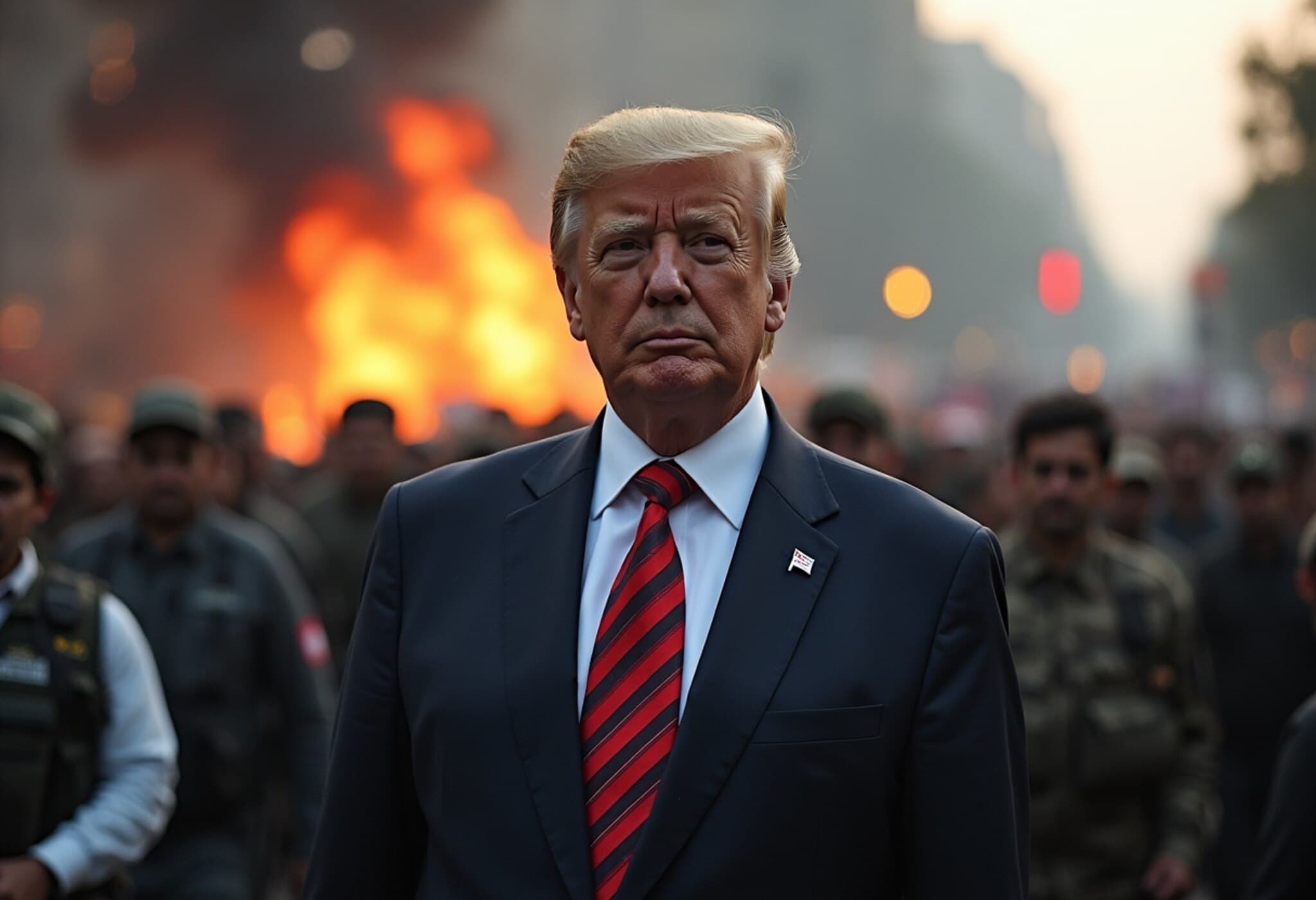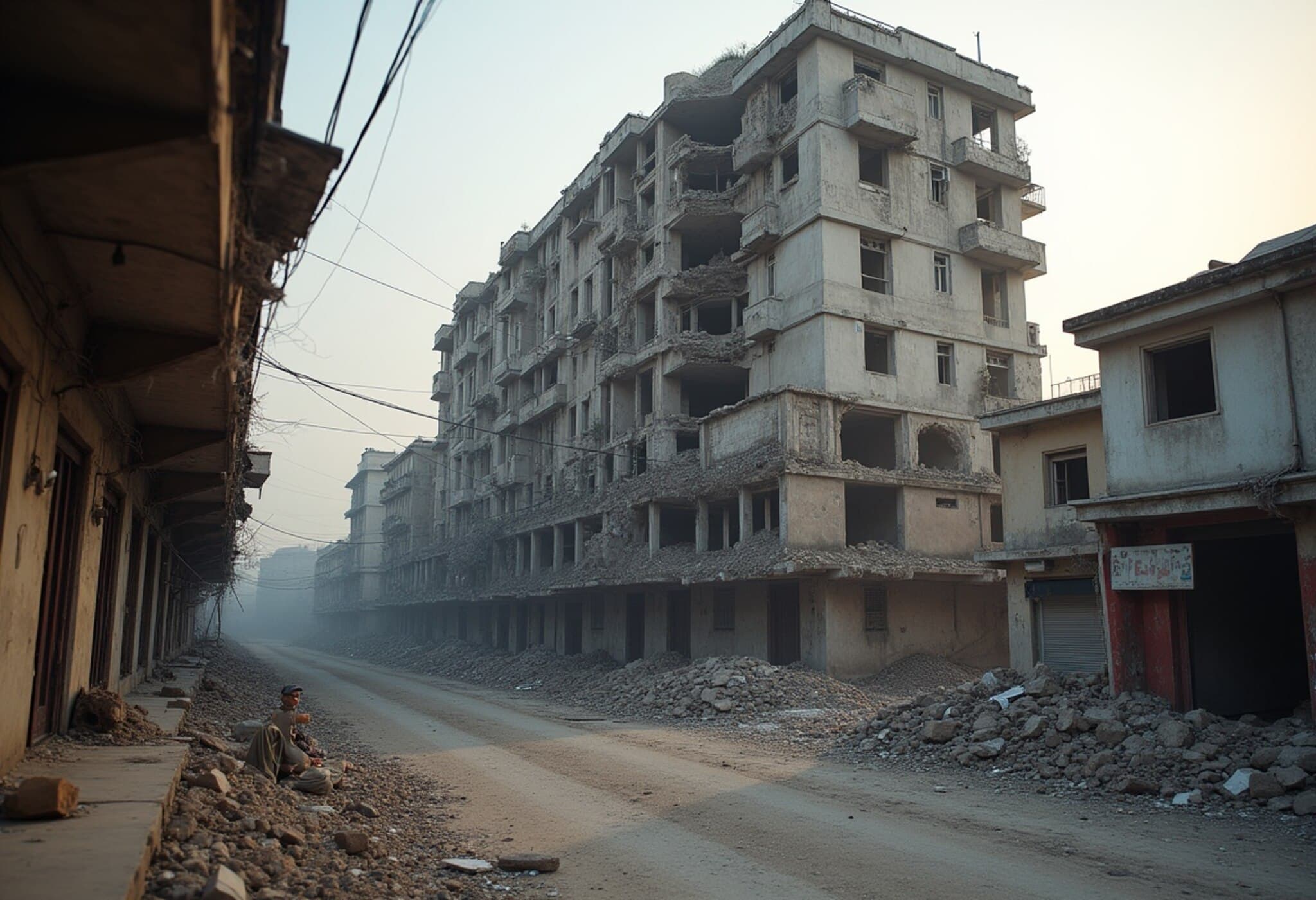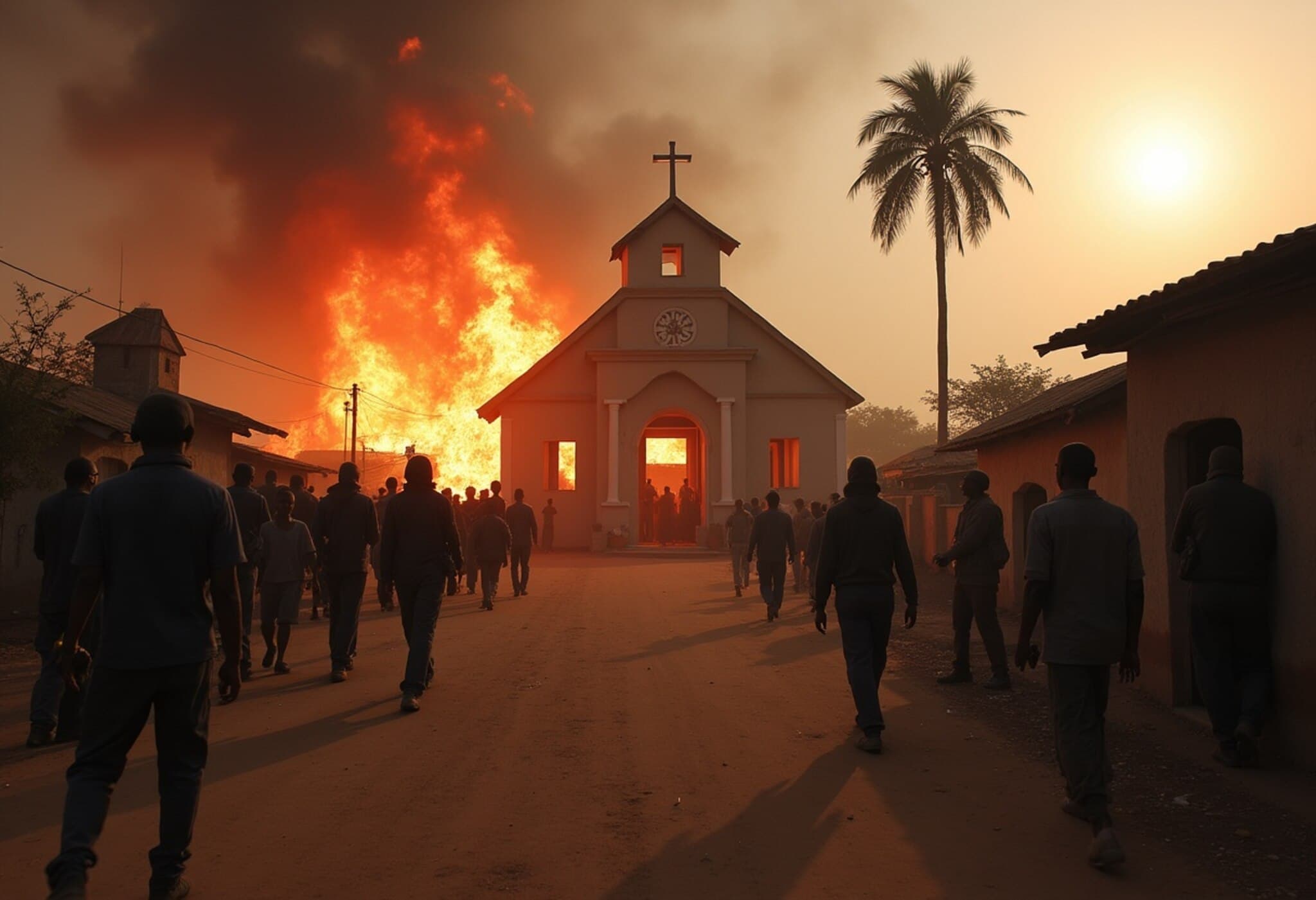Alarming Surge in Enforced Disappearances Rocks Pakistan’s Balochistan Region
A chilling pattern of enforced disappearances has resurfaced in Pakistan, particularly impacting the Balochistan region. Recent reports reveal a string of abductions involving young students and local residents, raising profound concerns about the role of Pakistan's military intelligence units and the infamous Inter-Services Intelligence (ISI).
Student Abductions Stir Fear Across Karachi and Balochistan
One of the most distressing incidents involves Muslim Dad Baloch, a 20-year-old philosophy student at the University of Karachi. On a seemingly ordinary Monday evening, Muslim Dad was forcibly taken near the university’s Maskan Gate. Eyewitnesses recount how unidentified men in a vehicle intercepted him as he returned with friends to his hostel. Hailing from Mashkay in Awaran district, Muslim Dad was a well-known figure among Baloch students, making his sudden and mysterious disappearance a source of deep dread within his community.
Similarly, Hafeezullah, son of Peer Mohammad and resident of Qaziabad, Noshki, was reportedly seized from his home earlier this week by security forces. His family remains desperate for answers about his whereabouts and safety.
Additional Disappearances Highlight a Disturbing Pattern
The Balochistan Post has also documented two other grave cases this month. On July 23, Qambar Baloch, only 16 years old and a shopkeeper in Jusak, Turbat, was abducted by men suspected to be affiliated with Military Intelligence and ISI.
On June 27, Imran Khan, a 26-year-old student specializing in Balochi language and culture at the University of Turbat, was taken in broad daylight reportedly by Frontier Corps and Military Intelligence personnel.
Echoes of a Broader Conflict and Human Rights Crisis
These incidents are not isolated but part of a growing trend of censorship and enforced disappearances targeting Baloch activists, students, and civilians. Such tactics have long been criticized by human rights organizations worldwide. Groups like Voice for Baloch Missing Persons (VBMP) emphasize that these disappearances are systematic, with many families left grieving in silence and seeking justice amid a veil of state secrecy.
Analysts note that these abductions occur amid escalating unrest in Balochistan, where demands for greater political autonomy and accusations of state suppression have intensified. The disappearances feed a cycle of fear and mistrust, undermining Pakistan's international human rights standing and placing raw human suffering at the forefront.
What Does This Mean for Pakistan and the International Community?
The enforced disappearances spotlight endemic challenges in Pakistan’s approach to internal security and minority rights. They raise urgent questions:
- How will Pakistan’s government and military address credible accusations of state-sponsored abductions?
- What role will international bodies play in holding security forces accountable?
- Can peaceful protests and family appeals catalyze meaningful reforms, or will they remain muted voices drowned out by political interests?
For the families and communities victimized, the agony is both personal and political — a daily struggle to reclaim the vanished and to assert their right to security and dignity.
Expert Insights: The Legal and Policy Dimensions
From a legal standpoint, enforced disappearances violate numerous international laws, including the International Covenant on Civil and Political Rights and the Convention Against Torture, to which Pakistan is a signatory. Yet, enforcement and investigation remain inconsistent, often hindered by national security arguments.
Experts contend that improving transparency, instituting independent oversight of intelligence agencies, and enhancing protections for minority populations are critical steps toward ameliorating this crisis.
Moreover, regional stability hinges on Pakistan addressing grievances in Balochistan transparently, as unchecked abuses may fuel separatist sentiments and further destabilize the region, with potential spillover effects impacting neighboring countries and international relations.
Editor's Note
The resurgence of enforced disappearances in Pakistan’s Balochistan region presents a haunting reminder that the fight for human rights remains fraught with peril. As families of the disappeared await justice, their stories underscore the urgency for robust legal reforms, state accountability, and international vigilance. This is not just a regional issue; it reflects the broader global challenge of balancing national security with essential human freedoms and dignity. For readers and policymakers alike, the question endures: how can the cycle of disappearance be broken before more lives are indelibly altered?



















